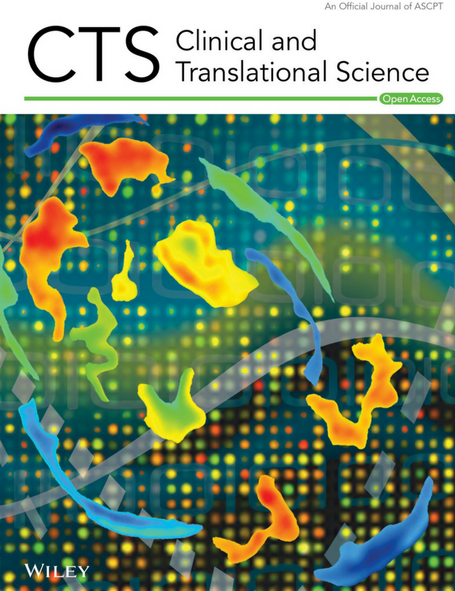ASCPT is proud to publish three peer-reviewed scientific research journals, spanning clinical pharmacology, pharmacometrics and systems pharmacology, and translational science. Submit your own research today!
*You are not currently logged in, please log in to access members-only journal content.

Clinical Pharmacology & Therapeutics
CPT is the authoritative cross-disciplinary journal in experimental and clinical medicine devoted to advances in the nature, action, efficacy, and evaluation of therapeutics.
Submit to CPT

CPT: Pharmacometrics & Systems Pharmacology
PSP is a timely online-only, cross-disciplinary journal publishing advances in quantitative methods as applied in pharmacology, physiology, and therapeutics in humans.
Submit to PSP

Clinical and Translational Science
CTS highlights original research that helps bridge laboratory discoveries with the diagnosis and treatment of human disease.
Submit to CTS